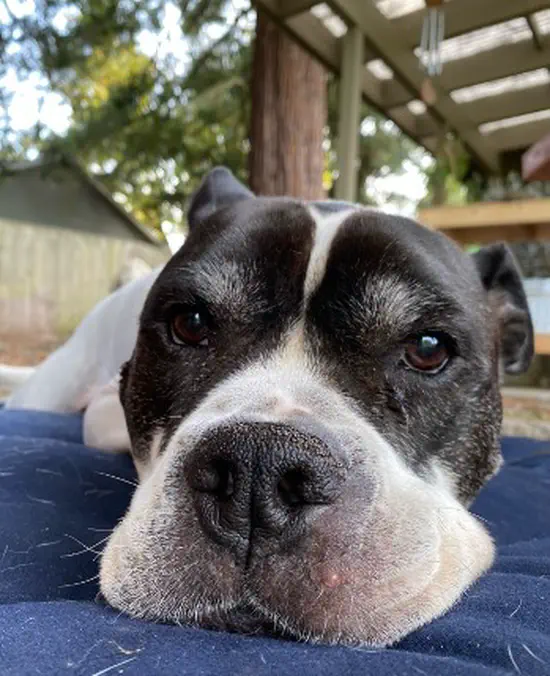The Forrest Lab
My lab is dedicated to determining how suicide and eating disorders can be effectively predicted, treated, and prevented. We do this work because suicide and eating disorders are devastating. They affect millions of people worldwide. We don’t know enough about why or how these problems develop and how to best treat or prevent them.
My lab works to answer questions like: Which groups, subgroups, and individual people will attempt suicide or develop an eating disorder? What causes a specific person’s risk to increase at a specific moment in time, and why? Suicide and eating disorders are incredibly complex problems. Two people might develop the same outcome, but through two very different paths. Because of this complexity, much of my work uses advanced quantitative methods. The ultimate goal of my lab’s work is to contribute to efforts that lead to suicide and eating disorder interventions that are more effective for more people.
Much of the lab’s current research is dedicated to studying suicide and eating disorders within the LGBTQIA+ community. LGBTQIA+ people have high rates of suicide and eating disorders, yet are rarely included in research studies. Not including LGBTQIA+ people in research studies means that there are major (and sometimes very basic) questions that need answered to better prevent and treat suicide and eating disorders in LGBTQIA+ people. The lab’s research works to answer these questions. We believe that more effective prevention and treatment of suicide and eating disorders in LGBTQIA+ people would contribute to more effective prevention and treatment of these problems for all people, regardless of their sexual orientation or gender identity.
I will NOT be reviewing clinical psychology PhD applications for Fall 2026 admission. However, the 2026 Applicants section contains info on applying to clinical psych PhD programs in general, which may be applicable beyond my lab.
- Eating disorders
- Suicidal thoughts and behaviors
- Applying advanced quantitative methods to clinical science
- Intersectionality
PhD in Clinical Psychology, 2020
Miami University
Predoctoral Clinical Internship, 2020
Yale School of Medicine
Bachelor of Science in Psychology, 2012
University of Utah
Research Overview
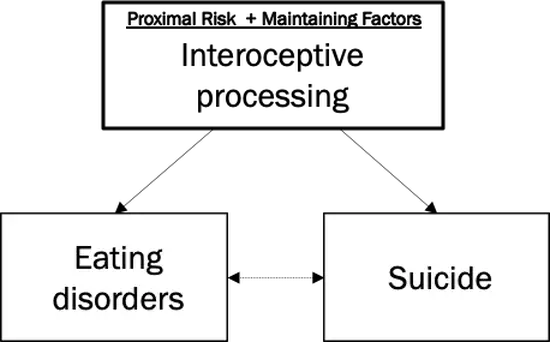
Transdiagnostic risk factors
Interoception, multifinality

Comorbidity
Eating disorders & suicide, transdiagnostic approaches
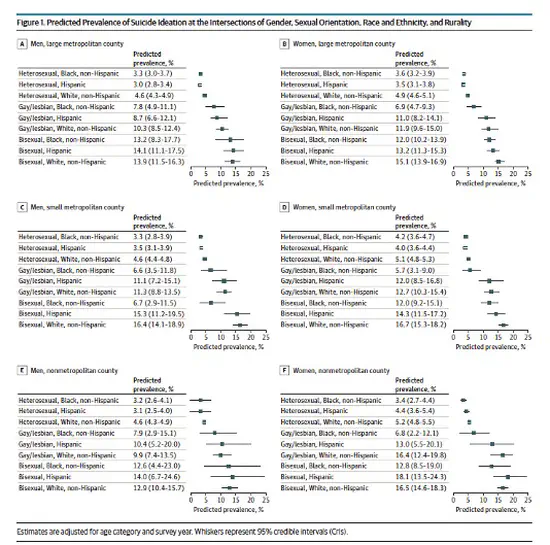
Inequities and disparities
Risk processes for suicide and eating disorders across levels of influence
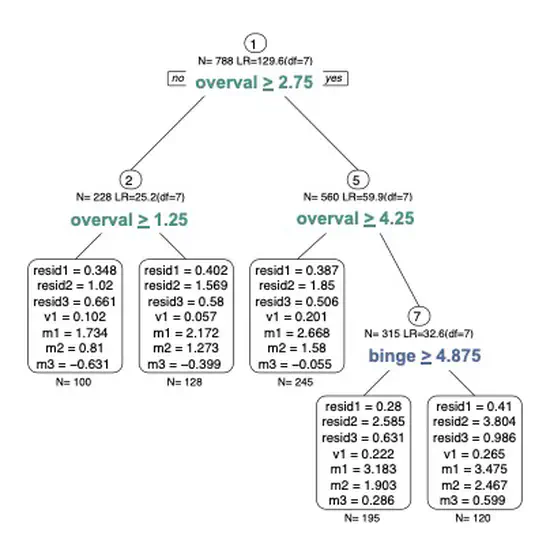
Machine learning and data-driven models
What does the data tell us about eating disorders?
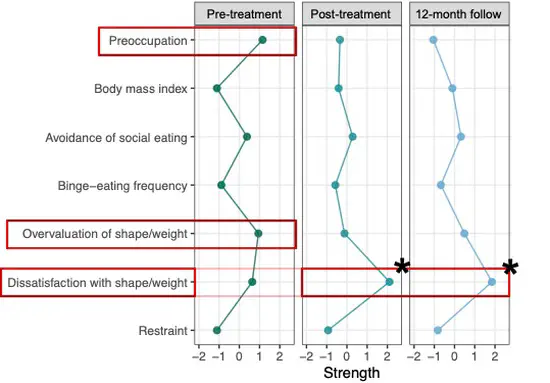
Network models
Network models of eating disorders
Current Projects

Acute, person-specific suicide risk processes in rural sexual minority adults
Group-level, subgroup-level, and individual-level acute suicide risk processes

Momentary suicide risk processes in trans people
A study that shouldn’t be political but is
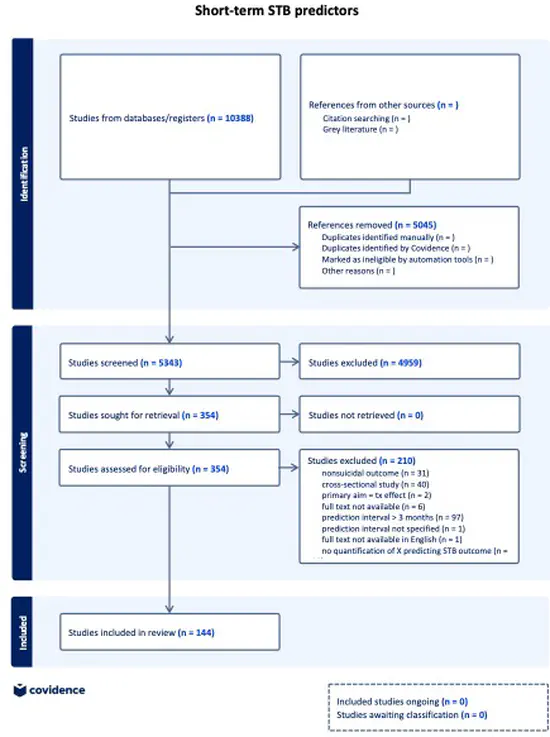
Systematic review of short-term predictors of suicidal thoughts and behaviors
This review summarizes the results of >140 studies investigating factors that predict suicidal thoughts and behaviors in the short-term.

Advanced quantitative methods and eating disorders
Complex stats for complex eating disorder outcomes
Research Team
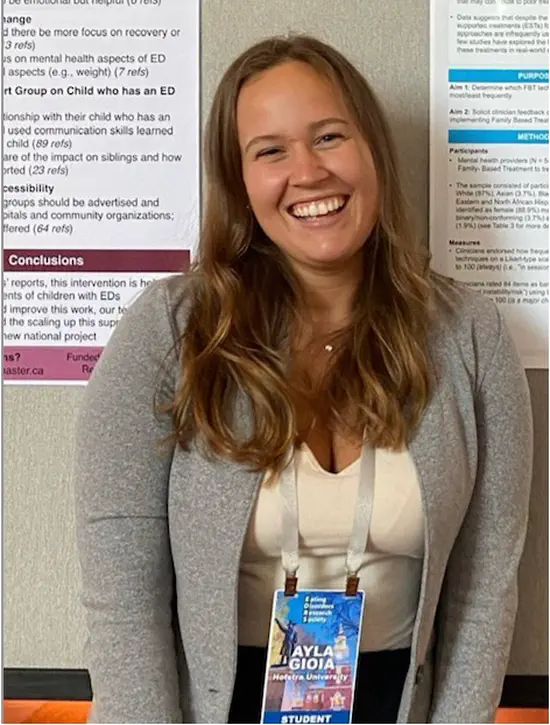
Ayla Gioia, PhD
Alumni affiliate
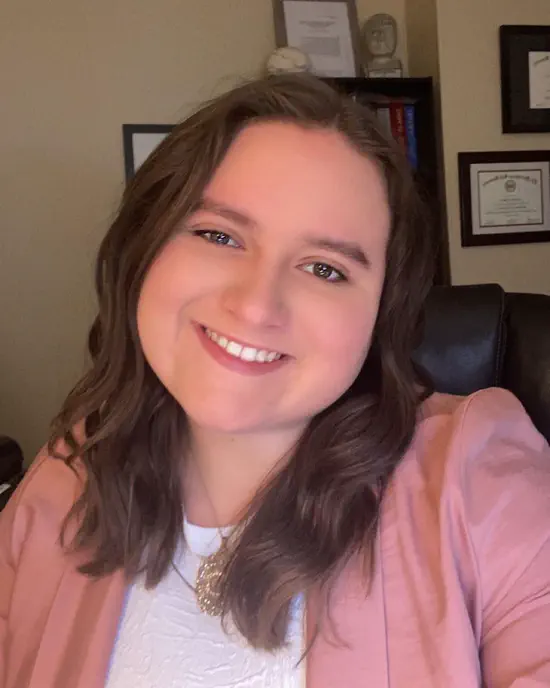
Marley Billman Miller
Clinical psychology PhD student, Auburn University

Sarah Hauryski
Psychology PhD student, University of Minnesota
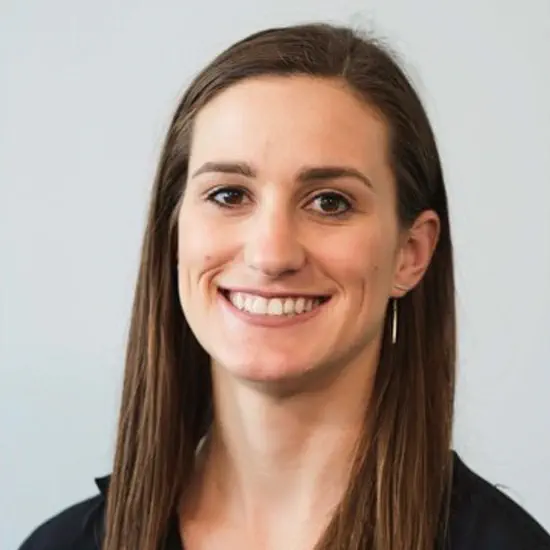
Lauren Forrest, PhD
Director
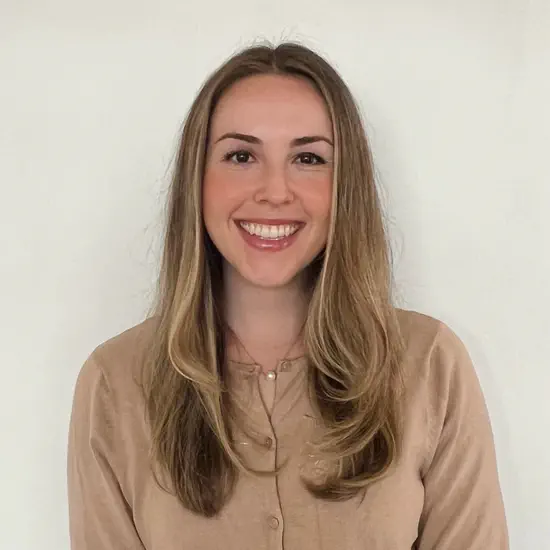
Devon Peterkin, MA
PhD student
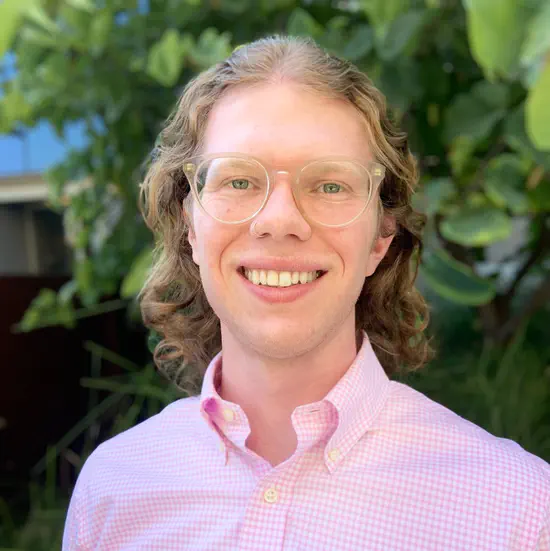
Griffin Kreit
PhD student
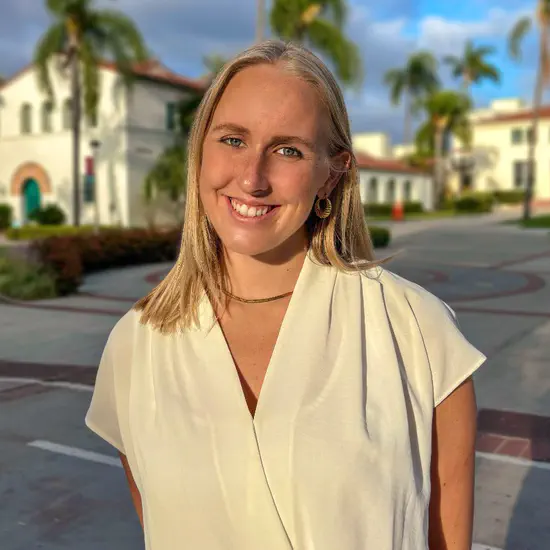
Haley Henriksen, MA
PhD student
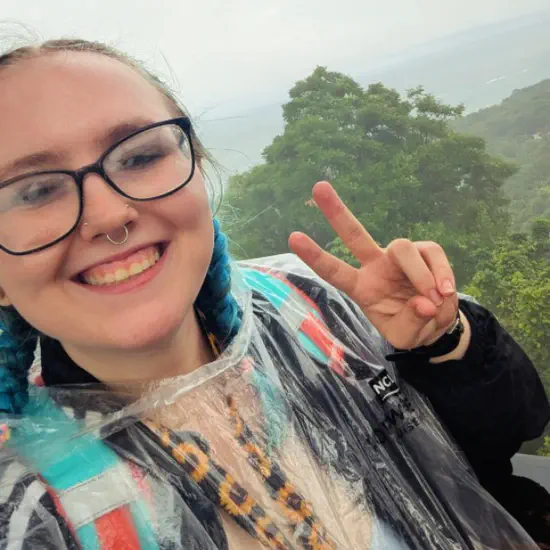
Brianna
she/her/hers

Cassidy Martens
Research coordinator
Ethan Lee
he/him/his

Jess
she/her/hers

Keoni Bermoy
he/him/his

Kris Guin
he/him/his
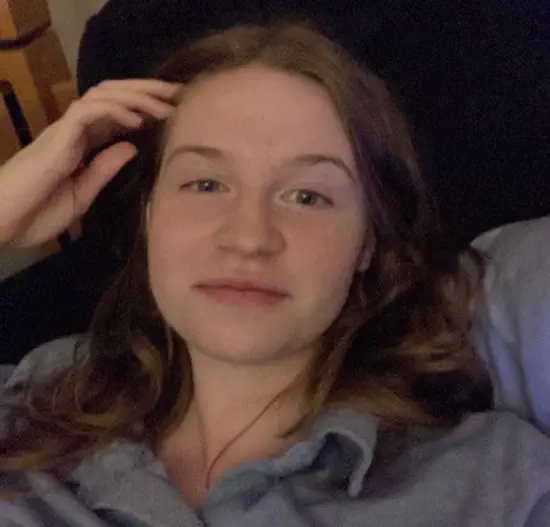
Maddie G.
she/her/hers

Zander G.
he/him/his
2026 Applicants
I am NOT accepting a clinical psychology PhD student to begin at the University of Oregon in Fall 2026 (meaning I will not review applications that are submitted 12/2025).
Best of luck with the application process, and I genuinely look forward to reviewing your application!
Commitment to Diversity, Equity, and Inclusion
I am committed to studying and preventing suicidal thoughts and behaviors and eating disorders among minoritized groups (particularly LGBTQIA+ groups through an intersectional lens), with the goal of reducing suicide and eating disorder inequities. I am committed to creating partnerships with people with lived experience of suicide and eating disorders, to ensure that the research I’m leading is aligned with the needs of the communities I’m intending to serve.
This work is more important now than ever before. My team is continuing our work, and we are not stopping.
In my teaching and mentoring, I am committed to participating in and facilitating discussions about privilege, power, and oppression. I am further committed to translating conversations into actions to be better allies.
Diverse perspectives benefit the entire field of psychological science. As such, I believe that the field of psychology as a whole must do better to ensure the training of individuals with identities that have been historically excluded from the field (e.g., BIPOC, LGBTQIA+).
I am committed to always being the best ally I can, and always learning and practicing to be better.
Resources
There is always help available. The resources below are available 24 hours a day, 7 days a week, 365 days a year.
Lab Pets
I commit to regularly updating this page with students’ pets, because who doesn’t need more pictures of cute animals in their lives?!
.js-id-current-crew
